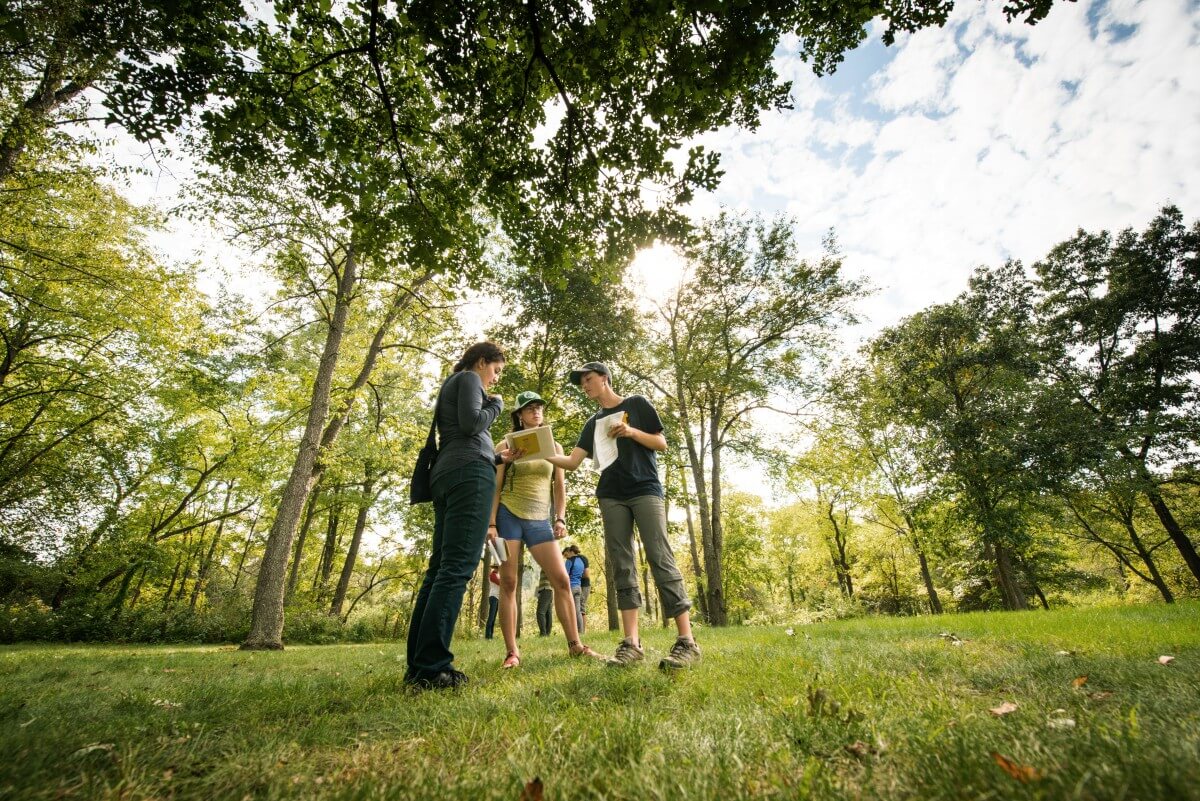“Sustainability is the key to our survival on this planet and will also determine success on all levels.” – Shari Arison
Sustainable development has become a buzzword within academia and global politics. Often crowned as the solution for widespread humanitarian and economic issues, sustainable development has the potential to change our world for the better.
To forward this movement and drive the global landscape towards a better future, universities are commonly fronting research projects and creating teaching programmes to educate and inspire the next generation of sustainable development progressors.
But with conflicting and often confused academic and political definitions of what sustainable development means, the University of Michigan is rewriting the rules to ensure development isn’t just sustainable, but also environmentally just.
Unlike many institutions, the University of Michigan is committed to creating a sustainable future for all areas of society. This school understands that these solutions must consider and even correct unjust social, economic and ecological systems that stand as a barrier to sustainable development.
The School of Environment and Sustainability’s focus on ‘environmental justice’ – the study of equality, equity and justice in environmental affairs despite systems weighted for the elite – recognises that sustainable development has no one-size-fits-all fix to global challenges. Instead, environmental impact must work with current policies to make a difference where it’s needed most.

Source: University of Michigan
Through academic research and outreach initiatives the University of Michigan has uncovered that legal, economic and ecological systems often evade or enable social and economic inequalities in the world, causing a major barrier to sustainable development goals.
Students have the unique opportunity to study this innovative branch of sustainable development through the Master’s of Science in Environmental Justice.
Combining public health, urban planning, public policy, law, sociology and political science, the first course of its kind in the US allows students to explore a fundamentally unique area of sustainable development.
This industry-shaped degree enables students to understand the deeper underlying complexities behind global sustainability, and the distinctive challenges different countries and regions face in driving towards their aim.
In line with the school’s commitment to environmental justice, there is also a significant emphasis on diversity, equality and inclusivity across this department – both internally and externally.
Race, nationality, age, gender and health should not be a barrier to sustainable development participation and including all aspects of society should be a key focus to any sustainable development plan, according to the School of Environment and Sustainability.
This outlook allows every individual to thrive in the department no matter which level of academia they’re at or who they are, translating this into inclusive impact in the wider sustainability sphere.
The New Horizons in Conservation Conference epitomised the school’s dedication to diversity, equality and inclusivity, welcoming leading researchers from ethnic minorities to shed light on the diversity among the sometimes-whitewashed field, inspiring students to make their dreams become a reality.
“There wasn’t a conference where you walked in and saw yourself; you saw people of the global majority; you saw people of colour and you were at conservation conference. I also want to prove the naysayers wrong who said over and over they couldn’t find people of colour who are qualified,” Doctor Dorceta Taylor of the University of Michigan said at the conference.

Source: University of Michigan
By integrating with students and professors from diverse international and cultural backgrounds, those in the school can benefit from understanding the value different perspectives when tackling global problems in the field, allowing them to better understand their future role whatever their background.
This unique commitment to being genuinely diverse and inclusive at the University of Michigan will propel students ahead of their peers in the graduate market.
Graduates of the school will already have experience collaborating with people from around the world, analysing and solving challenges in our increasingly interconnected world.
Sustainability in the future is dependent on international co-operation, and with political and environmental relations likely to intensify in coming years, experience of international collaboration is essential to sustainable progression.
Together with the opportunity to explore a range of areas at the Sustainability and Development conference, combining leading thinkers in the field to share ideas on everything from water, sanitation and health to education, students will graduate with an immersive awareness of the field and how to effectively tackle it.
By studying at the University of Michigan’s School of Environment and Sustainability, students will receive the unique skills essential to leading the world to a more sustainable future, offering an integrated global perspective with nuanced awareness of challenges in the field.
As Doctor Karen De Gannes said at The New Horizons in Conservation Conference: “I feel we stand on big shoulders and now we have the privilege of letting [the students] stand on ours.”
Follow the School for Environment and Sustainability at the University of Michigan on Facebook, Twitter, YouTube and Instagram
Liked this? Then you’ll love…
Living Laboratories: 5 APAC leaders of environmental studies
Why Michigan is the ideal destination to pursue Environmental Studies











